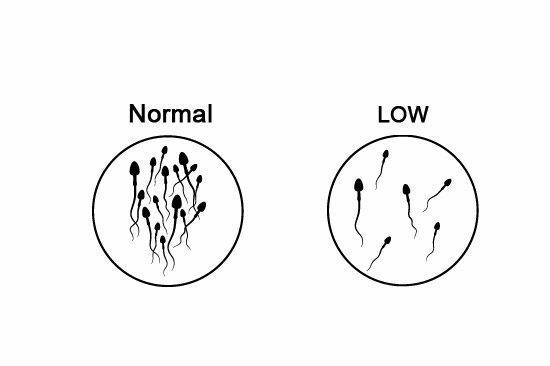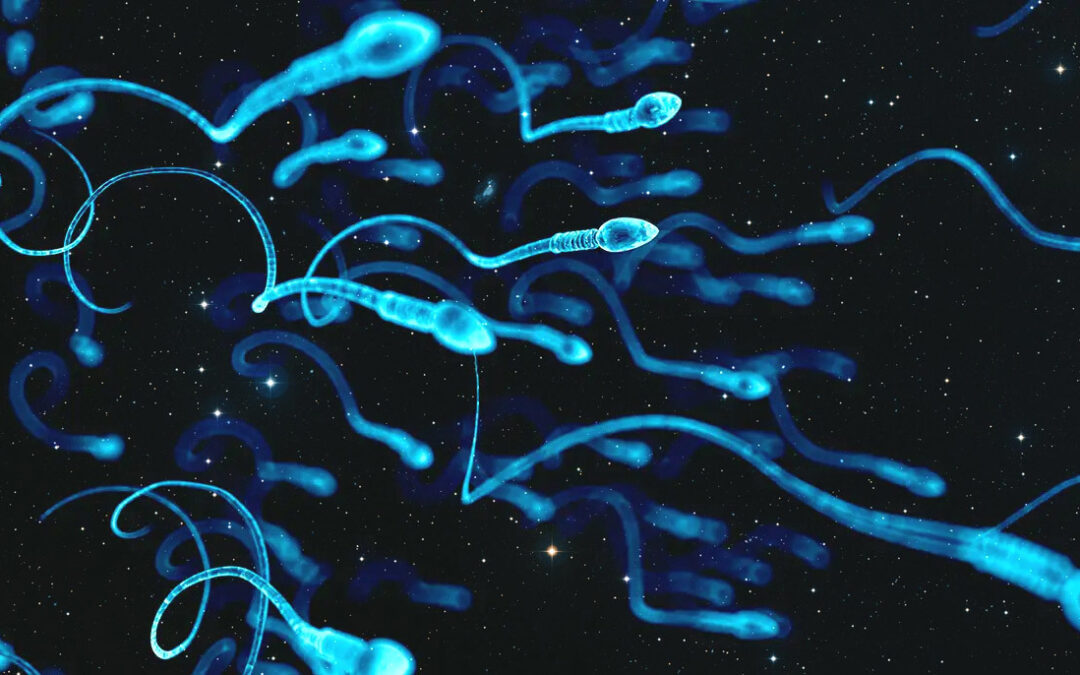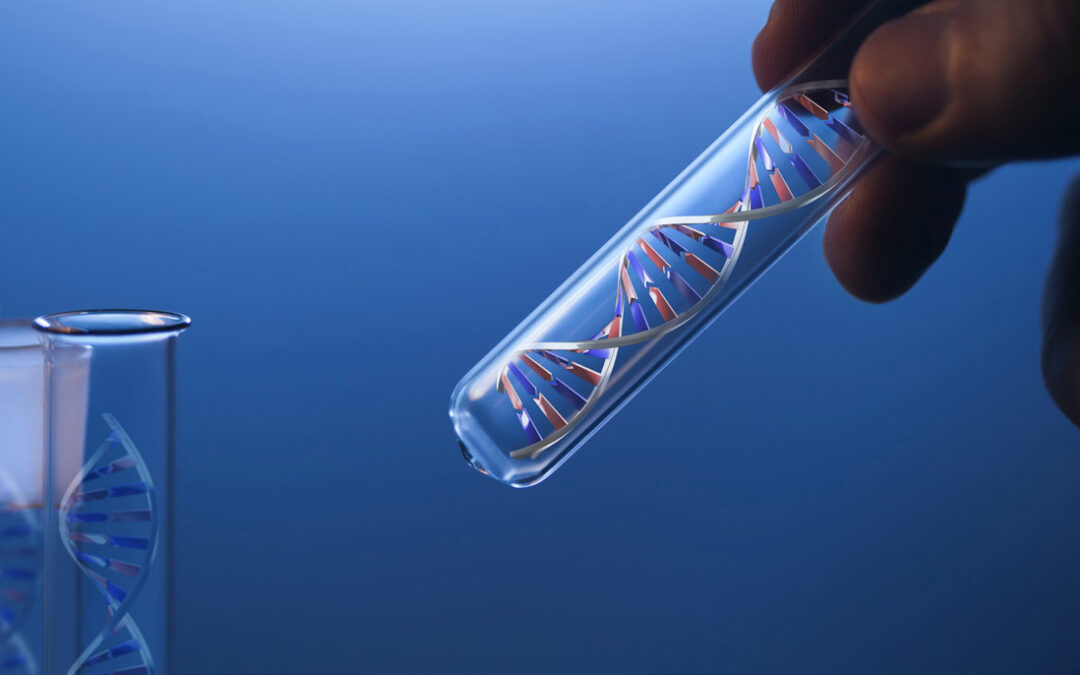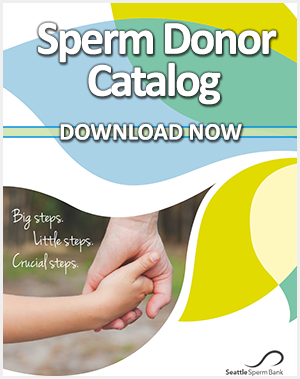
by Seattle Sperm Bank | Blog
The results of the largest study to date analyzing connections between diet and testicular health were recently released. It found that men who ate a typical Western diet of processed foods high in sugar and fat produced significantly fewer sperm per ejaculation than...

by Seattle Sperm Bank | Blog
According to the Centers for Disease Control and Prevention (CDC), about 10% of women experience infertility. The CDC defines infertility as not being able to get pregnant after one year of trying, or six months if the woman is 35 or older. To make matters worse, many...

by Seattle Sperm Bank | Blog, Uncategorized
In June of 2019, a team of scientists released the results of a test designed to answer a remarkable question: Can frozen sperm cells be safely sent to space for future use? The results, as presented at the 35th Annual Meeting of the European Society of Human...

by Seattle Sperm Bank | Blog
We often get asked if we have any book recommendations for family planning or books for kids about LGBTQ families, so we made a list of a few of our favorites. No matter what kind of family you are (or are thinking about having!), all these books have something...

by Seattle Sperm Bank | Blog
You may be looking for a sperm donor or an egg donor and notice that the donor has been tested for a panel of genetic conditions. You may also notice that a donor is a carrier of a specific genetic condition, and feel uncertain about what that means, or if you should...

by Seattle Sperm Bank | Blog
About two million men are diagnosed with infertility each year in the U.S. Yet when a couple is having trouble conceiving, treatment efforts often focus solely on the woman’s fertility. While this can be a good place to start, it’s important to know that male...









